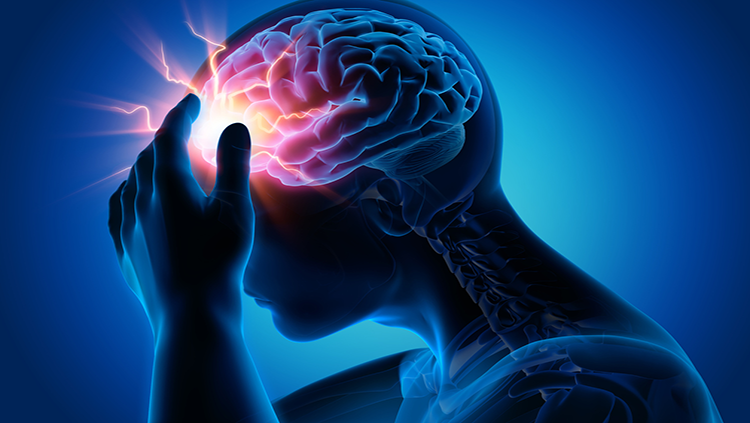New research has found that people with mild traumatic brain injuries could experience cognitive impairment, cognitive decline, or both after one year, according to Science Daily.
The research has also found that people with poor cognitive outcomes were more likely to have other psychological symptoms such as anxiety and lower satisfaction with life.
The study’s author Dr. Raquel Gardner of the University of California San Francisco said, “Our results suggest that clinically meaningful poor cognitive outcomes, which we defined as cognitive impairment, cognitive decline or both, one year after a concussion may be more common than previously thought.”
“They also highlight the need to better understand the mechanisms underlying poor cognitive outcome, even after relatively mild brain injuries, to improve therapy for recovery,” she added.
Dr. Gardner is a behavioral neurologist with specific expertise in the evaluation and management of mild cognitive impairment, dementia, and older adult traumatic brain injury.
The researchers looked at more than 650 people who had been admitted to trauma center emergency rooms with concussions and compared them with over 150 healthy people without head injuries.
The participants were neurologically evaluated after their brain injury, at two weeks, six months, and one year.
The researchers found that of 656 people with mild brain injuries, 14% had poor cognitive outcomes one year later, 10% had cognitive impairment, 2% had cognitive decline, and 2% had both. Of those healthy people with no concussion, 5% had poor cognitive outcomes one year later, 3% had cognitive impairment, and none had a cognitive decline.
The investigators found that people who had good cognitive outcomes reported having higher life satisfaction one year after their concussion.
However, the research does not prove that people with traumatic brain injuries will have worse cognitive outcomes one year later. It simply shows an association.
Dr. Gardner said, “Previous studies of people with moderate to severe brain injuries show that early, intensive rehabilitation can improve people’s cognitive outcomes over time.”
“More research is needed to find out the role of cognitive rehabilitation on people with more mild brain injuries who are also at risk for poor cognitive outcomes, and how to predict who falls into this risk category,” she added.
One of the limitations of the study is that people were enrolled at the time of their brain injuries and their cognitive health before concussion was not known.
The National Institutes of Health, the National Institute of Neurological Disorders and Stroke, and the Department of Defense supported the research. The study was published in the medical journal of the American Academy of Neurology.























